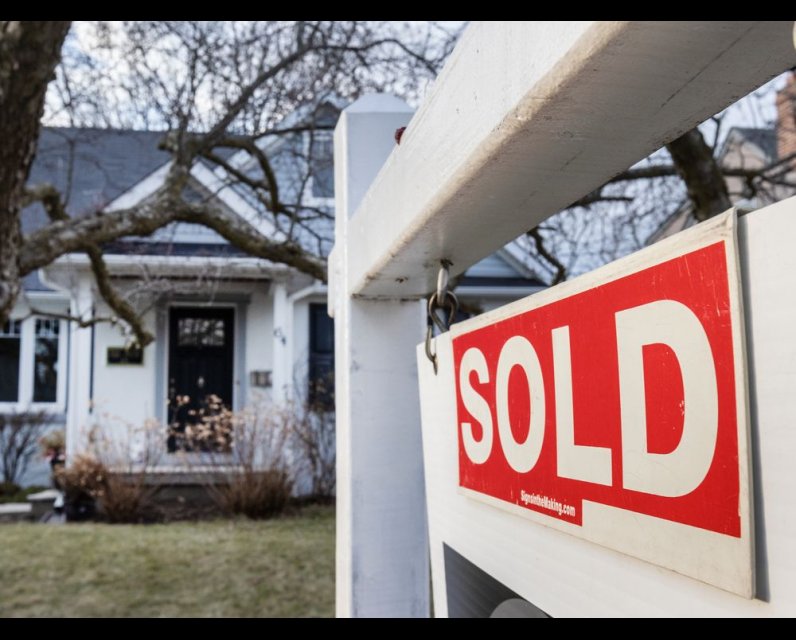Why it may be better to rent than buy a home in some Canadian cities

A study commissioned by home renovation company Easy has found that, contrary to common belief (and perhaps even common sense) it may be better to rent a property than to buy one, at least in the short-to-medium-term.
The study looked at rental and mortgage costs in cities across Canada to determine which would leave residents better off financially after 10 years.
It found that, of Canada’s biggest 25 cities, seven stood to offer net savings for renters as compared to buyers over the course of a decade.
Some of the savings were relatively modest. A two-bedroom rental in Mississauga, Ont., for instance, would cost about $13,300 less over that period than to buy a similarly sized dwelling. But at the other end of the spectrum, Abbotsford, B.C., offered a savings of $118,700 over the decade, or almost $12,000 each year.
At a less granular level, on a province-by-province basis, the survey noted that purchasing still tended to be the better option. Nowhere was this more true than in Nova Scotia, where purchasers stood to save just over $100,000 over 10 years. Prince Edward Island offered smaller gains of about $14,000.
Meanwhile, Ontario remained the one province where renting was considered the more profitable option, to the tune of about $11,500.
This was not reflected in the numbers for Toronto, where buyers could save about $16,700 over renters. However, in all the other Ontario cities surveyed — Brantford, Cambridge, Hamilton, Kitchener, Mississauga and Ottawa — the numbers fell on the side of renters.
The study noted a number of negatives when it comes to renting, even taking into account perceived savings. It pointed out that renters do not see any long-term growth in equity, may live at the whims of rent inflation, and are not creating a potential nest egg for retirement.
“Ownership often brings a deeper connection to a place,” it noted. “The ability to customize, renovate, and put down roots can foster a stronger sense of belonging and stability that renting rarely matches.”
“Still,” it added, “for those in high ‘rent-is-cheaper’ cities, the opportunity cost may be outweighed by liquidity, mobility, and the ability to invest savings elsewhere.”
Property purchase prices were based on data from the Canadian Real Estate Association, while rental costs came from Apartments.com and the Canada Mortgage and Housing Corporation.
Ownership costs included mortgage payments at 4.25 per cent interest, property taxes, 1.5 per cent annual maintenance costs, home insurance, land transfer taxes/fees, title fees and inspection fees. Rental costs included tenant insurance and a two per cent annual insurance increase, with rent rising 2.5 per cent per year. Net 10-year ownership costs also accounted for equity built during the mortgage term.
Our website is the place for the latest breaking news, exclusive scoops, longreads and provocative commentary. Please bookmark nationalpost.com and sign up for our newsletters here.

Comments
Be the first to comment